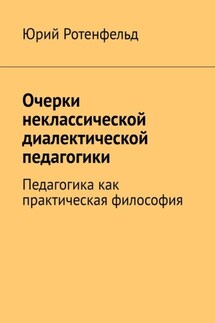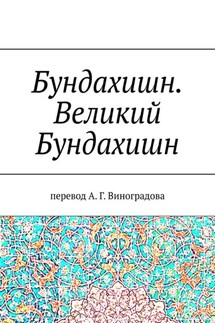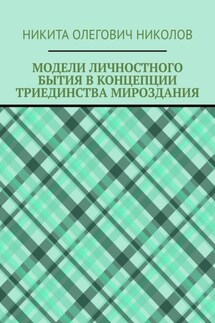Sentence Builder - страница 5
4. A comma is generally not used between the main clause and the subordinate clause if the subordinate clause stands after the main clause. But a comma is used between them if the subordinate clause stands at the beginning of the sentence before the main clause.
Models:
The child is naughty only when he is concerned about being ignored by his brothers.
Although Connecticut occupies a small area, its weather can vary from one area to another.
Subject Clause
Theoretical Part
1. A subject clause is a clause which performs within a complex sentence the same function that the subject performs within a simple sentence (the agent or target of the action) and answers the questions who? or what? The main clause having no subject is deficient in its structure and meaning unless joined with the subordinate clause.
Whoever loves wealth is never satisfied with income (who?).
Тот, кто любит богатство, никогда не удовлетворен своим доходом.
It is crystal clear that if you lose weight, you will have a happier, healthier, better life (what?).
Несомненно, что, если ты похудеешь, твоя жизнь станет счастливее, здоровее и лучше.
2. Complex sentences with subject clauses may be of two patterns:
a) when a subject clause precedes the predicate of the main clause:
That she will never agree to marry him was absolutely clear to everybody.
То, что она никогда не согласится выйти за него замуж, было совершенно ясно каждому.
b) when a subject clause is placed at the end of the sentence (then it is introduced by the formal it):
It was wonderful that we could see each other.
Как хорошо, что нам удалось повидаться.
Note. In exclamatory sentences the formal it may be only implied.
How lovely (it is) that the sun has come out!
Как чудесно, что выглянуло солнце!
3. Subordinate subject clauses are introduced in the following ways:
a) by means of the connectives what, whatever, who, whom, whoever, which, whose, when, where, how, why, because. (A connective what is used only without formal it). Subject clauses of this type cannot be joined asyndetically, as the opening words signal the subordinate status of the clause:
Because I ask too many questions does not mean I am curious.
То, что я задаю слишком много вопросов, не значит, что я любопытен.
b) by means of the conjunctions that, whether, if. (A conjunction that is used only with formal it):
It is better that she should see everything with her own eyes.
Будет лучше, если она увидит все своими собственными глазами.
Note. Subordinate subject clauses beginning with the conjunctions whether/if should not be mixed with subordinate clauses of time and condition. In subordinate subject clauses a predicate can be expressed by the verb in any of the Future tenses.
If he will call you is hard to predict (a subject clause).
Трудно предсказать, позвонит ли он тебе.
If he calls you, don’t forget to give him my regards (a conditional clause).
Если он позвонит, не забудь передать ему мой привет.
c) asyndetically (only with formal it):
It is a pity you should have forgotten about mother’s birthday.
Жаль, что ты забыл о мамином дне рождения.
4. Subject clauses are not separated from the principal clause by a comma except we have two or more subject clauses coordinated with each other.
Who his father was, and why he deserted his family, were the questions that often pressed on the girl’s mind.






